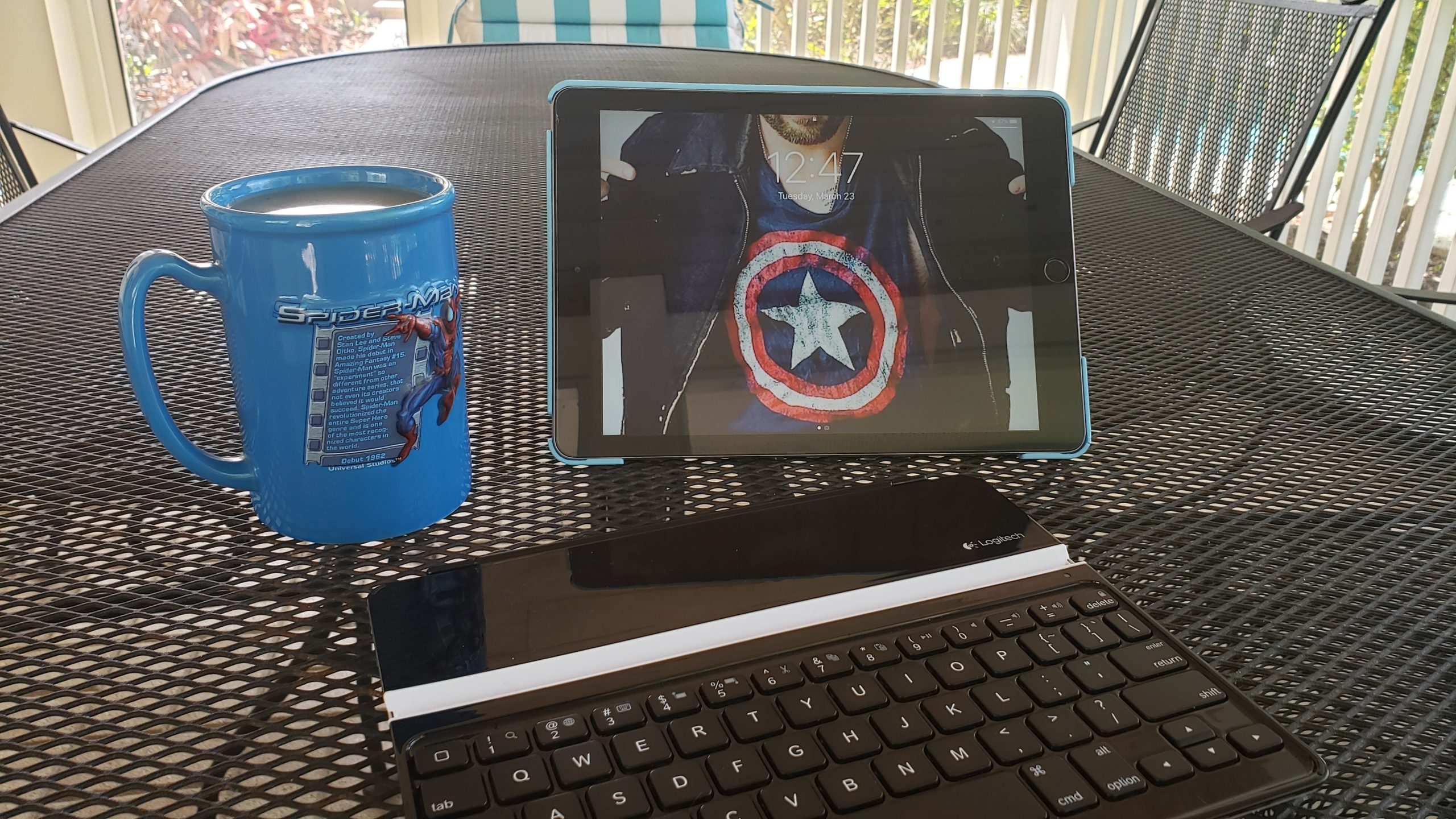After an up-and-down month in May with some extreme writing highs and lows concurrent with my vacillating mental health, I decided June needed to be about kindness. Mostly that was kindness in the way I treated and talked to myself, but I also allowed for kindness related to my writing. This writing kindness wasn’t just about writing kind things (though I did a lot of low stakes writing in June), it was about being kind to my writing life, accepting things for how they are, and recontextualizing what productivity and progress means.

Photo by Dayne Topkin on Unsplash
The writing life is often NOT kind. We spend hours isolated, chipping away at our ideas, only to have to rewrite and revise and polish (and then rewrite and re-polish)—then to be told all the things we did wrong, or could do better by editors, agents, and audience. The stories we actually manage to finish and publish can be our dearest creations and still be met by rejection or—worse—apathy. The writing business is not kind, which means that writers need to be as kind to ourselves as possible.
What does writing kindness look like in terms of a writing life?
First, it means throwing out expectations and rules dictating what a writing life “should” be.
Do you have to write every day? Nope.
Do you have to write 1,000 words a day? Also, no.
Do you have to write for at least an hour every time you write? Very no.
Write from an outline?
Use Scrivener?
Draft in a Moleskine notebook with your literal blood, sweat, and tears?
Hopefully you’ve caught on that the answer to all those questions is no—unless of course any of those things are part of YOUR writing process. But none of them are part of every writing process and none of them mean you are a “real” writer simply by subscribing to them.
Beyond putting aside what you think a writing life should be, an important writing kindness is changing what you’ll accept as productivity.
Some days writing productivity might mean writing 1,000 words. Other days writing productivity might mean thinking about your story in spare moments as you’re in the shower, folding clothes, or sitting in traffic. Dreaming up character backgrounds and names, working through worldbuilding details, outlining or researching—all of those things can be writing productivity!
Writing does not always mean writing because a lot of writing is thinking. It’s coming up with options, and then making decisions. And to come up with those options, you have to spend time thinking.
If you happen to be someone driven by word counts (cough, me, cough), then you can write down those options and thinking and brainstorming, so you can “get credit” for that productivity, but YOU DON’T HAVE TO! Be kind to yourself! Be kind to your writing life!
Another way to treat your writing life with kindness—and this is one I’m looking to develop more—is by surrounding yourself with supportive people.
Find readers and other writers who will tell you what you’ve written is wonderful and who will encourage you to keep going. Find someone who is so excited for the idea you’re currently obsessed with and check in with them to feed from their enthusiasm. Find a writing group that is interested in what you’re writing. Find people you can talk to about your work. Don’t accept jerks or critics into your creation process! Surround yourself with kindness and wear that kindness like armor and a shield to protect yourself from all the times writing is not kind.
It’s good to be kind to yourself and your writing life because so many other things will not be kind. Writing kindness is one way writers can cope with the rejection and isolation that’s baked into the writing process and find the motivation to keep going.
For full access to The Write Life and more about what I’ve done to assist with my creative life, sign up on Patreon for $1 or more per month. You’ll also receive a personalized thank you in a future edition of The Write Life.

